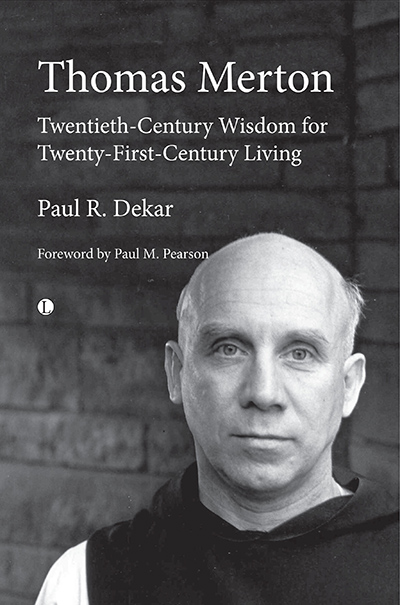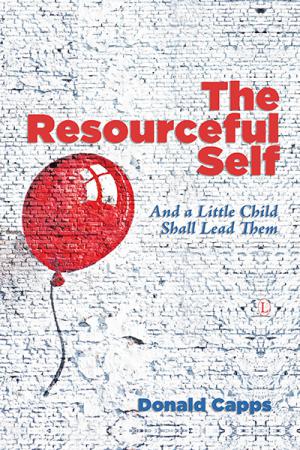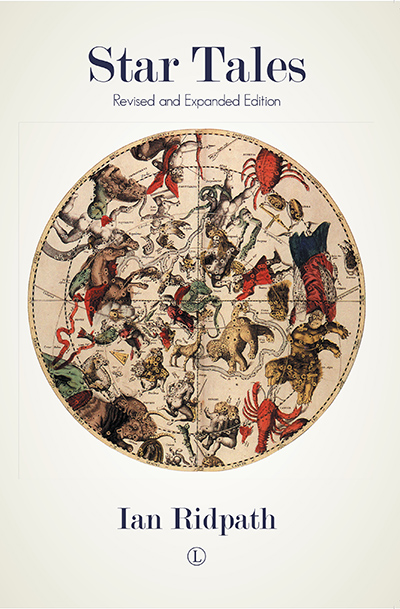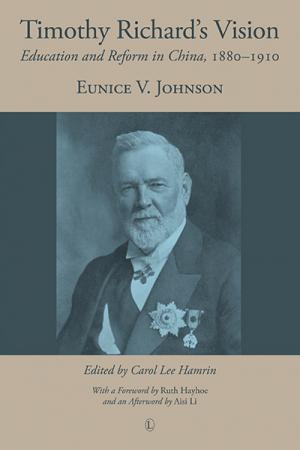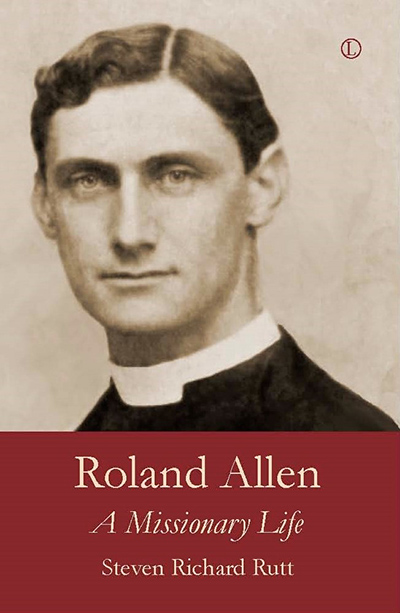Description
Thomas Merton was arguably the twentieth century’s most widely published and widely read spiritual writer. This book explores Merton’s prophetic writings and experience as they offer guidance for spiritual seekers in their search to experience God, to simplify their lives, to live more humanly, and to shape Christian community in the face of alienation, consumerism, noise, and technology. The book also includes parts of three previously unpublished conference contributions by Merton on technology.
About the Author
Paul R. Dekar is Professor Emeritus of Evangelism and Mission, Memphis Theological Seminary, member of a new monastic community in Australia, and a prolific author, including Community of the Transfiguration: Journey of a New Monastic Community (2008). After thirty-four years of full-time teaching, he continues to teach, write, and work with communities of hope in Dundas, Ontario, Canada.
Contents
Foreword by Paul M. Pearson
Acknowledgments
Abbreviations
1. Stirrings of a New Monasticism
2. Introducing Thomas Merton
3. Thomas Merton on Monastic Renewal
4. Thomas Merton on Simplification of Life
5. Thomas Merton, Guide to the Right Use of Technology
6. Thomas Merton on Care of Earth
7. The Root of War Is Fear
8. Twentieth-Century Wisdom for Twenty-First-Century Communities
9. Building Communities of Love
Appendix 1: Conference on The Christian in a Technological World by Thomas Merton
Appendix 2: Conference on Marxism and Technology by Thomas Merton
Bibliography
Endorsements and Reviews
Paul Dekar presents us in this book with a manifesto for the future of the Christian community, which he sees being renewed by intentional, contemplative, essentially lay communities that know how to connect classic monastic wisdom with the challenges of our addicted-conflicted culture. He tells us with real passion that we don’t need to fight old battles, but instead need to focus on God’s future. The chapter on Merton and technology is alone worth the price of the book. Warmly recommended, especially to Christians discouraged with the institutional church.
Donald Grayston, Past President, International Thomas Merton Society
Paul Dekar’s book is a thoughtful and comprehensive summary of Merton’s concerns about our world – ranging from ecological consciousness, war, non violence, and technology to new monasticism and a dialogue with other faiths. It is a timely book offering real guidance. Thomas Merton’s diagnosis of the ills of our time is speaking powerfully still: ‘achievement neurosis’, overspending, overwork, noise, violence, addiction to technology, and an individualism that has lost sight of the common good. The way forward? Creating ‘communities of love’ in which God’s presence and the depth of our humanity – which we consistently ignore – are experienced, and where the balance between the inner and the outer life can be restored.
Sr Miriam, Community of the Transfiguration
[Paul Dekar’s] book is heavier in every way, in its prose style, its didactic approach to problem solving, and its serious grappling with the issues of 21st-century living. … It is very thorough, and contains much that is useful to the Merton enthusiast. Some of the quotations are bound to be unfamiliar to some readers, and everyone is likely to unearth some treasure, since Merton could write well, and use memorable words and phrases.
Esther de Waal, author of Seeking Life, in Church Times, September 2012
For those who may not have encountered Merton this book is a worthy introduction; for those who know something of his work, this book provides a useful refresher course which exemplifies the timelessness of Merton’s wisdom and its application to the churches and to the wider world in our present age.
Kevin Tingay, in The Christian Parapsychologist, Vol 1, No 7
This is an interesting and timely contribution to contemporary literature both on Thomas Merton and on how Merton’s writings can inform us in our own spiritual living. … Dekar’s research on this subject un-earthed previously unpublished lectures by Merton on technology.
Fiona Gardner, in Modern Believing, Vol 54:1
At the start of the book the author states that, ‘having experienced Merton’s writings as a source of growth for myself and for many others, I now write for all persons seeking to enrich their lives, to find their place in the world, and to experience community’ (p.9). The author clearly shows us how we might rise to the challenge of such a calling, using Merton as a guide to building communities of love, and I would recommend this book wholeheartedly to anybody who wishes to join him on such a journey.
Stephen Dunhill, in The Merton Journal, Vol 19(2), Advent 2012
Paul Dekar has captured the spirit, energy, grace, and intellect of Thomas Merton in a volume that is an absolute must read for anyone seeking to grasp the complexities of one of the most influential contributors to religious thought in the twentieth century. … a complete introduction that captures the complexities of Merton the way a prism captures the complexities of light.
John C. Lang, in Reviews in Religion & Theology, Vol 20, Issue 2
[Merton] was a prolific writer and this excellent book introduces the reader to [his] life and work … The book helpfully contains a total bibliography of Merton’s writings and would make a valuable introduction or a refresher course to his thinking … This book is an encouragement to us all to re-assess our priorities and patterns of Christian Living.
Robert Jeffery, in The Expository Times, Vol 124, No 10
Although there are many good publications on Merton, this is an addition to be welcomed by those unware of his enormous contribution to articulating an authentic spiritual life. … many students in UK schools, colleges and universities have still not been introduced to Merton’s insights into contemporary living and this is a great resource for them and their teachers; the book is invaluable in encouraging such an engagement. It is also important to state that although contextualized within an ecumenical framework, the book is for everyone hungry in seeking a more fulfilled life. … What I like about the book is the combination of its academic strength and spiritual depth.
David Torevell, Liverpool Hope University, in Theological Book Review , Vol 25, No 1

